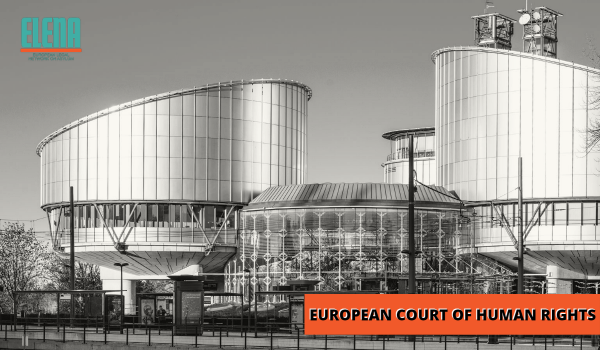On the 11th of April 2023, the European Court of Human Rights (ECtHR) ruled in its judgment Loukili v. The Netherlands, 57766/19. The case concerned a Moroccan national with an indefinite residence permit who entered the Netherlands more than forty years ago and lawfully spent most of his childhood there. He has two children but he never cohabited with them and their mother. The Dutch authorities revoked the applicant’s residence permit and issued a return decision with a ten-year entry ban as he had been convicted in six final judgments for mainly drug-related crimes amounting to total of sixteen months’ imprisonment.
The ECtHR accepted the existence of ties between the applicant and his children sufficient to attract the protection of Article 8 ECHR. It found that the revocation of the residence permit and the imposition of an entry ban interfered with the applicant’s family life and examined the proportionality of the measures. Given the applicant’s criminal record, the Court accepted that offence underlying the revocation caused serious consequences for the lives of others and a risk of reoffending. It found that the applicant’s expulsion is unlikely to have the same disruptive impact as if the applicant, his ex-girlfriend and/or their sons had been living together as a family. In that regard, the Court highlighted that contact by telephone and email can be maintained from Morocco and that the children and their mother may visit Morocco or other territories not covered by the entry ban. In that context, it was noted, that the applicant was a Moroccan national who was familiar with its social and cultural customs, he had a command of a language spoken there and would be able to overcome integration challenges in order to build a new life. Lastly, the Court stated that the entry ban is limited in time which is an element to which the Court attaches importance. The Court therefore concludes that the Netherlands has not overstepped the margin of appreciation hence the expulsion and entry ban would not violate Article 8 ECHR

